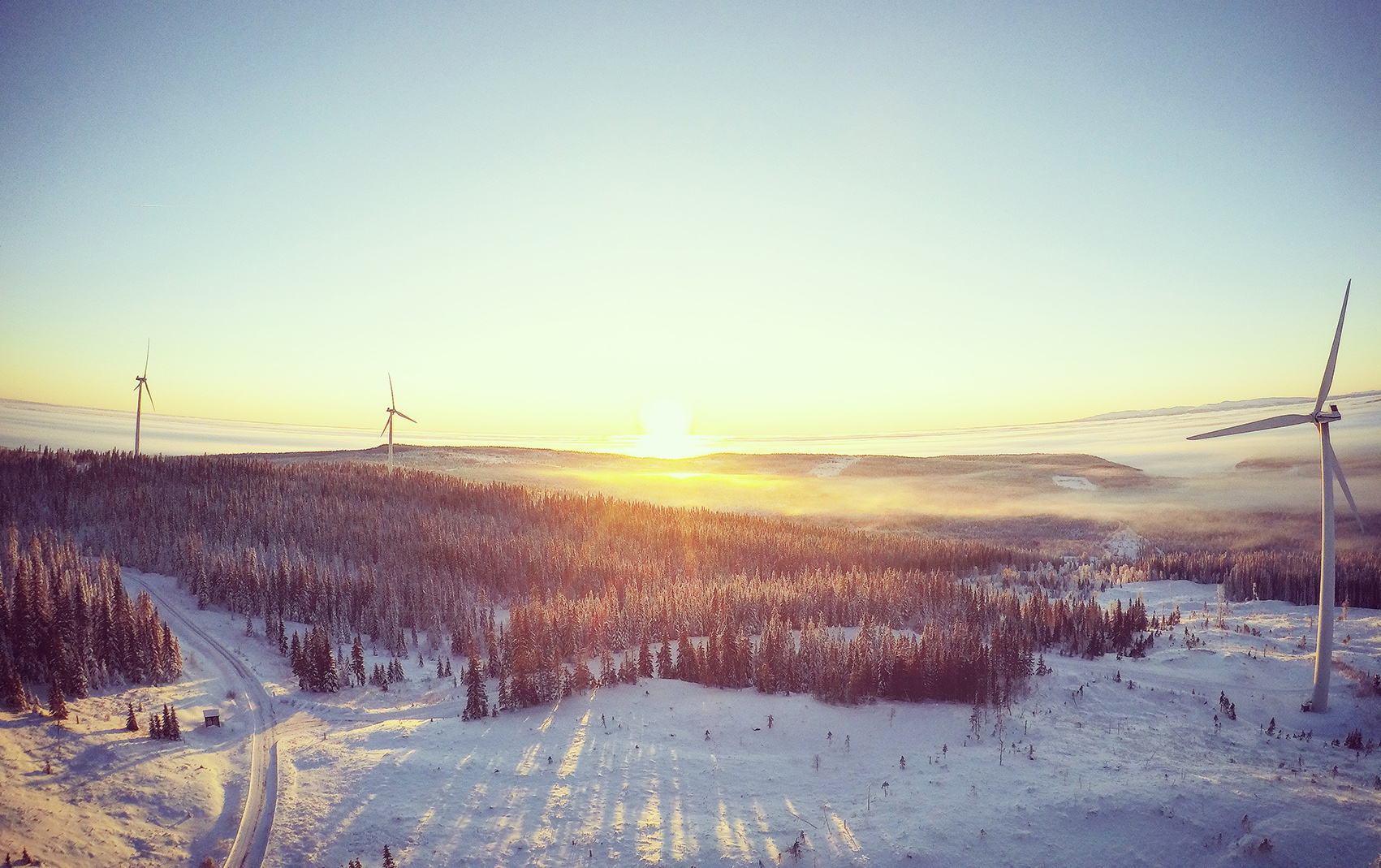The Confederation of Finnish Industries (EK) has published a report on the impact of green transition investments on Finland’s national economy. According to the report, Finland has the potential for significant economic growth if even a portion of the projects happen. The largest economic impacts will come from renewable energy, particularly wind power. Political decision-making must ensure the continuation of renewable energy building, as it is not only a key growth factor but also a crucial enabler for other industrial investments.
The study, conducted by Gaia / Sweco, focuses on the current content of EK’s industrial investment data window, assuming that about 20 percent of the listed projects, equivalent to €58 billion in investments, will reach production. Wind power investments account for over €26 billion (44%) of this, and solar power projects for €2.1 billion (3%). The impacts of the projects are calculated over an estimated 30-year lifecycle.
“Renewable energy plays a key enabling role in Finland’s green transition. EK’s report emphasizes that to fully gain the national economic benefits of green investments, as many projects as possible should be realized. Currently, wind power can provide Finland with a large amount of competitive and clean electricity, which is crucial for industries, such as hydrogen production and other processing investments,” says Matias Ollila, advocacy director at Renewables Finland.
In Finland, as of spring 2024, there were over 400 onshore wind power projects and 20 offshore wind power projects underway, along with 80 solar power projects. The lifecycle economic impacts of wind power projects are the largest in the report. Over their lifetimes, the onshore and offshore wind, as well as solar power projects, will generate approximately 100,000 person-years of employment. Tax revenues, including property tax, are also significant. Finland’s property tax model acts as a key incentive for municipalities to engage in renewable energy zoning.
A stable investment environment is key
Although wind power’s potential in Finland is exceptionally high, many projects are still in the early stages, and their realization depends on factors such as efficient permitting processes and the availability of labor. As outlined in its government program, the Finnish government must make decisions that do not hinder the expansion of electricity production.
At the core are political decisions that must be sensible and should not undermine Finland’s trusted investment environment, for instance, by imposing additional regulations on renewable energy.
“A predictable investment environment, smooth permitting processes, and sufficient grid capacity and labor availability are critical to the success of renewable energy projects. The smooth implementation of these projects ensures the availability of competitive energy, which in turn is essential for industrial investments. Political decisions will have a decisive impact on how well Finland can leverage the potential of renewable energy as part of the green transition,” concludes Ollila.



